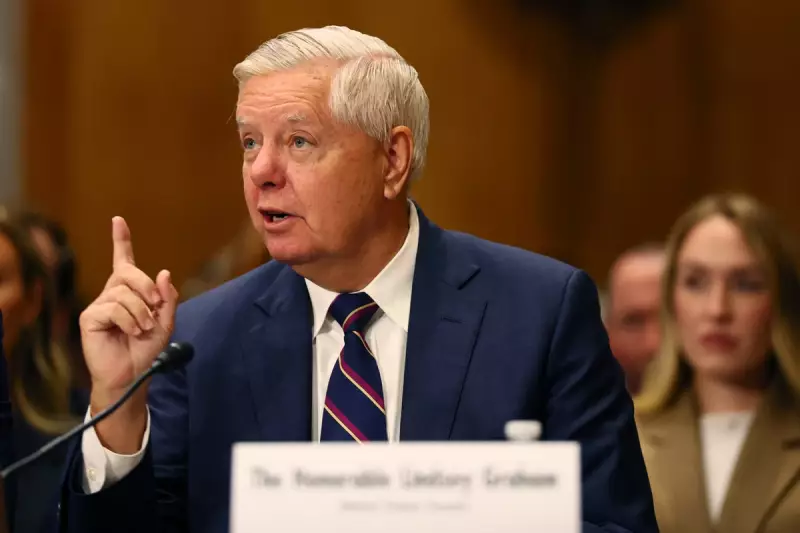
Former President Donald Trump has ignited a political firestorm with a controversial pledge that is sending shockwaves through Washington and European capitals alike. He has vowed to block a major new US sanctions package targeting Russia, a move immediately condemned as a 'gift' to Vladimir Putin.
Bipartisan Outrage Erupts on Capitol Hill
The promise, made during a recent rally, has drawn fierce and remarkably unified criticism from both sides of the political aisle. Leading the charge is Republican Senator Lindsey Graham, a former staunch Trump ally, who issued a blistering condemnation of the former president's stance.
'To reward Putin with sanctions relief after he invaded a neighbouring country is not only a bad idea, it is a dangerous one,' Graham stated unequivocally. He framed the potential veto as a direct affront to American values and a catastrophic blow to US credibility on the world stage.
A 'Green Light' for Russian Aggression?
Security experts and diplomats are sounding the alarm, warning that such a move would effectively give the Kremlin a green light for further aggression. Lifting the pressure of sanctions would provide a vital economic and strategic lifeline to Moscow, bolstering its ongoing war effort in Ukraine.
'This isn't just about politics; it's about signalling to autocrats everywhere that aggression can be rewarded,' a senior European diplomat warned anonymously. 'The implications for global security are profoundly worrying.'
Trump's Pro-Russia Stance: A Pattern of Behaviour
This latest incident is not an isolated event but part of a long-standing pattern of rhetoric and action favourable to the Russian leader. Throughout his presidency and beyond, Trump has consistently praised Putin, questioned the validity of US intelligence on Russian interference, and now openly opposes a key tool of Western foreign policy.
His current position places him in direct opposition not only to the Biden administration but also to a significant faction within his own party, revealing deep fractures in the GOP's approach to national security and Russia.
What Happens Next?
The threat casts a long shadow over the future of US foreign policy. It raises urgent questions about America's commitment to its NATO allies and its stance against authoritarian expansion if Trump were to return to power. The strong bipartisan backlash suggests a major political battle would ensue, testing the limits of presidential power against congressional will.
For now, the declaration stands as one of the most stark and consequential foreign policy pronouncements of the post-presidential era, leaving allies anxious and adversaries emboldened.





